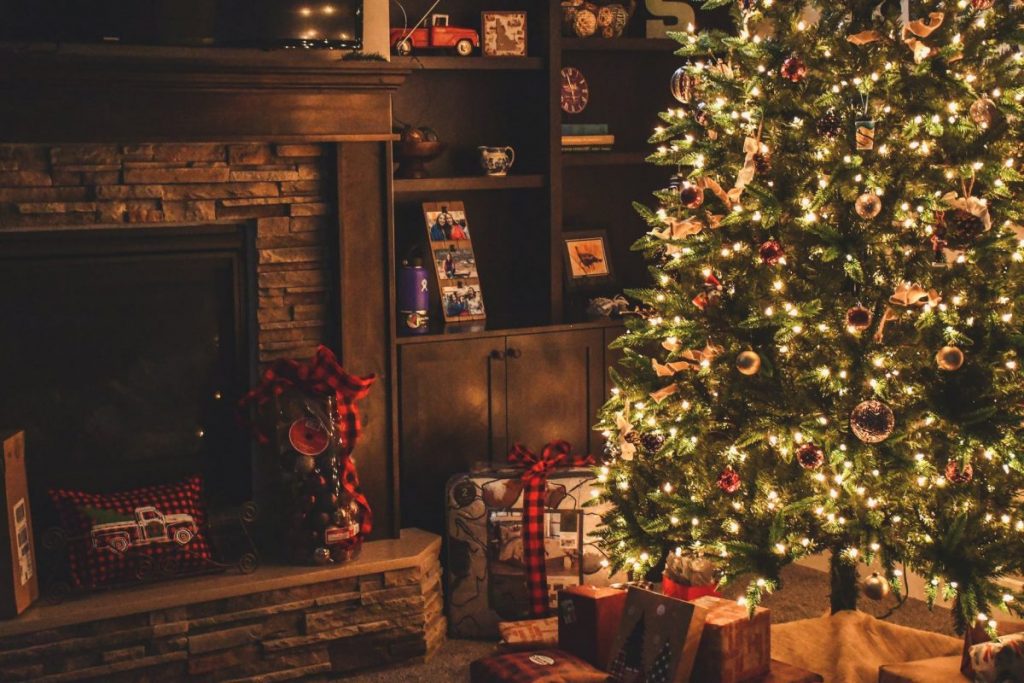The winter holidays are often people’s favorite time of year because of all the beautiful lights and decorations. What’s not so joyous about the season is the misuse of Christmas lights and the associated fire and other hazards.
According to the National Fire Protection Association (NFPA), “Christmas trees were the item first ignited in an estimated average of 210 reported home structure fires per year,” with almost half occurring in December. Whether it’s indoor or outdoor lighting and decorations, you should still:
- Inspect and replace damaged lights and cords
- Turn off all lights when you leave your home or go to bed
DON’T BUY CHEAP LIGHTS
To prevent holiday fires, don’t buy cheap lights—especially if they’re LED. Cheap lights are often made from low-grade material that often can’t hold up to their prescribed use.
DO BUY HIGH-GRADE LIGHTS
Instead, spend that extra buck for lights that are high-grade, from reputable sources, and are UL listed. Using damaged lights and cords can increase your fire risk, as the protective casing won’t prevent the exposed wires from possibly sparking.
DO STAY SAFE WHEN HANGING OUTDOOR LIGHTS
Make sure that you use a good ladder on a stable surface with someone below to spot you. They can hold the ladder to help avoid slips and be there in case of an accident. Also, make sure you’re using the right kind of ladder for your working load. An everyday household ladder can hold a maximum of 200 pounds, but always double check the information sticker on your ladder.
DON’T USE NAILS OR TACKS TO SECURE LIGHTS
Sharp objects like nails or tacks can damage the wiring and become a fire hazard. Instead, use light hooks that can be secured to your roof without damaging the lights. In addition, you won’t be putting holes in your shingles or siding.
DO USE WATERPROOF LIGHTS OUTSIDE
Find outdoor lights that are waterproof and don’t let cords or other electrical parts come into contact with water sources like puddles. The moisture can stop the lights from working as well as run the risk of electrical shock, as water conducts electricity. If you find that a cord has fallen into water, don’t touch the cord. Instead, go to your breaker to turn the power off. Then, you can safely unplug the cord and remove it from the water.
DON’T USE OUTDOOR LIGHTS INDOORS
Also, never use outdoor lights indoors, as they generally get hotter than lights labeled for indoor use. The hotter the lights, the more likely they will catch something on fire.
DON’T STACK UP YOUR CORDS
We often take our power outlets for granted—that we can plug in our Christmas lights and other electrical decorations and everything will be fine. Unfortunately, many of us have the bad habit of plugging multiple cords together in what’s known as a “daisy chain”. We usually resort to daisy chains when there’s a lack of convenient outlets. Overburdening outlets with multiple plugs will exceed voltage limits, leading to a power surgeand possibly fire.
To avoid power surges:
- Use low-wattage Christmas lights. LEDs are especially good at using less wattage and energy.
- Use a surge protector strip
- Set a timer. A timer will help keep your energy costs low and is a good addition if you’re prone to forgetting to turn lights off.

